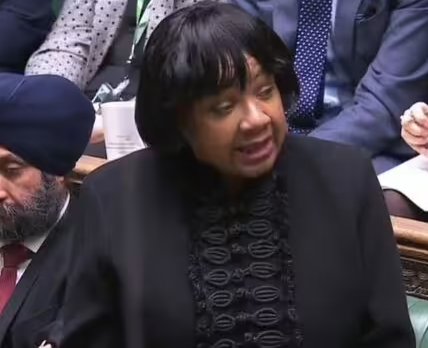Britain’s 37 million drivers warned they are in line to be punished at the pumps to pay for Labour’s ‘ill-informed net zero fantasy’
Due to the dire state of the national debt that Labour supposedly inherited, which they have since more than doubled, punitive tax rises are unavoidable in the unfairly scheduled Winter Budget.
The easiest targets to impose a needless hike on, under the false pretence of supporting their expensive, ill-informed Net Zero fantasy, are of course the UK’s 37 million drivers.
I’m reliably told that the Chancellor is indeed considering a significant fuel duty increase just before Christmas.
Despite the average diesel fuel tax across Europe being 15p less, the lifeblood fuel of any economy’s commercial sector here in the UK remains the most heavily taxed in the world.
Any increase in this regressive tax will not only harm the poorest the most but also undermine Rachel Reeves’s much-voiced economic growth priorities by adding unnecessary costs and inflationary pressure on businesses of all sizes.
Thanks mainly to FairFuelUK, fuel duty has been frozen for over 14 years and still includes Rishi Sunak’s Covid temporary 5p cut.
Some armchair experts who despise supporting drivers argue that restoring or unfreezing fuel duty could generate more than £3 billion a year. That’s utter nonsense!
Had the fuel price escalator been strictly followed at every Budget since 2010, the UK would now be in a deep recession with pump prices potentially reaching £2.30 per litre.
Oddly, it is now rapidly approaching a recessionary situation due to Labour’s economic mismanagement, even with the decade-and-a-half fuel duty freeze.
No other tax has such a significant impact on economic growth, inflation, employment, and business investment as the fuel duty rate at the pump. Every aspect of our society depends on the cost of road transport.
The Chancellor faces three potential fiscal options: cutting government spending, increasing the money supply through quantitative easing, raising taxes, or combining these strategies.

Fleeced at the forecourt: Drivers are set to be clobbered in the Budget (Image: Howard Cox)
Each of these paths brings painful consequences for both drivers and the broader economy.
Cutting government expenditure could lead to reduced investment in the country’s road infrastructure and transport services. Printing more money risks stoking inflation, which would push up fuel prices and the cost of essential goods. Increasing taxes—particularly those on motoring—would impose a heavier financial strain on the millions reliant on their vehicles for daily life and work, and could also weaken consumer spending, business investment, and corporate profits, ultimately decreasing the government’s tax income.
So Rachel, it’s straightforward. To genuinely stabilise the economy, you need to put more money into people’s and businesses’ pockets. The best way to do that is to cut fuel duty.
That might upset Ed Miliband and the well-funded Greens, but the resulting growth in GDP and the extra disposable income for millions could give Labour a second chance.
Howard Cox is the founder of FairFuelUK
